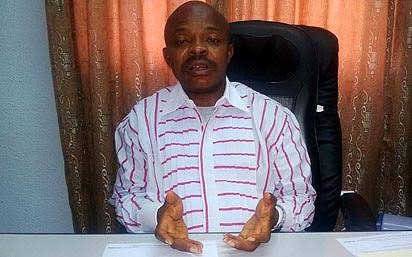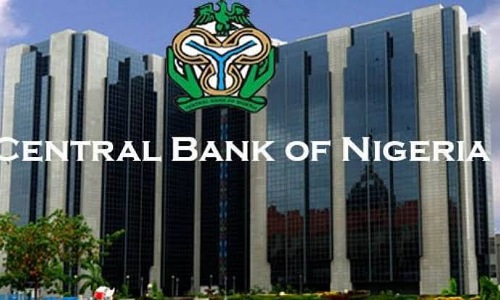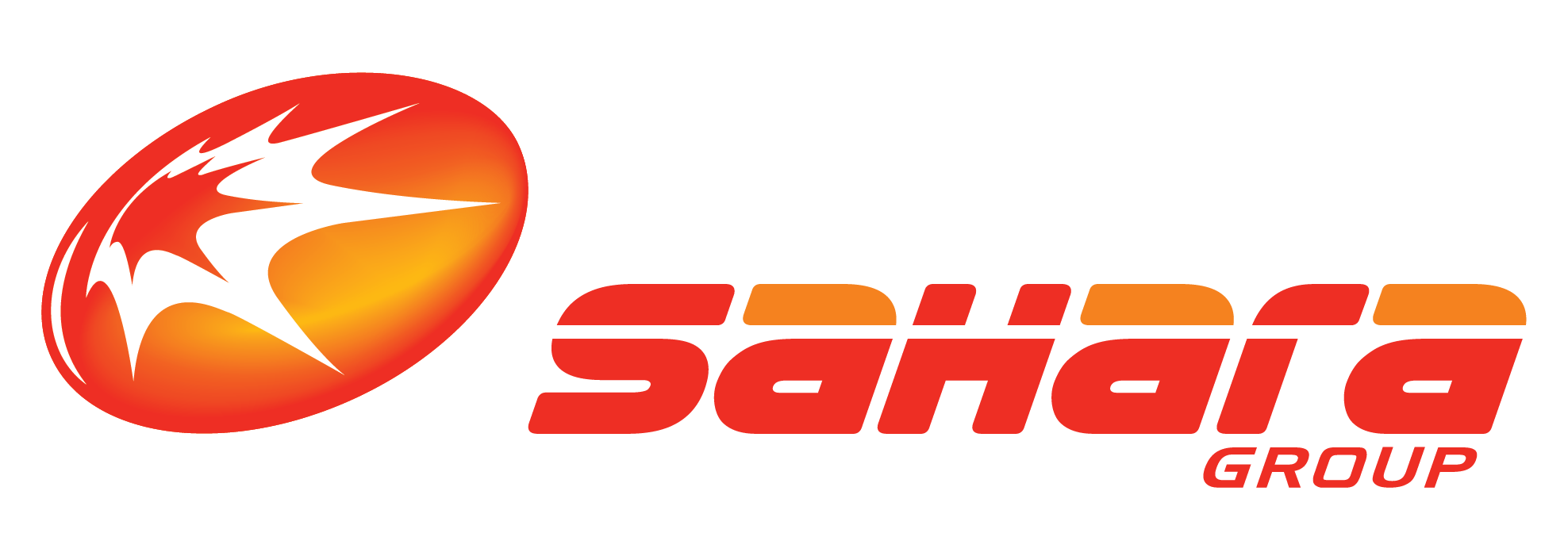Business
Mixed Reactions To Tinubu’s Fuel Subsidy Removal, Forex Unification

President Bola Tinubu’s recent announcement regarding the removal of petrol subsidy and the unification of forex rates has garnered mixed reactions.
The Nigeria Labour Congress (NLC) responded by expressing skepticism, stating that they believe the President is merely testing the waters and lacks the determination to follow through with such actions.
In contrast, the Manufacturers Association of Nigeria (MAN), the Nigerian Chamber of Commerce, Industry, Mines and Agriculture (NACCIMA), and the Centre for the Promotion of Private Enterprise (CPPE) expressed support for President Bola Tinubu’s recent proposals.
They argued that the President’s decision to leverage various fiscal measures to boost domestic manufacturing indicated a positive future for manufacturers. NACCIMA also commended the President’s economic plans, considering them as significant steps taken in the right direction.
Director General, MAN, Segun Ajayi-Kadir, in an exclusive chat with Vanguard yesterday, however, added that the president’s speech would still be subjected to critical considerations by the group soonest.
His words: “It is, therefore, highly commendable and an assurance of better days ahead to hear the President saying that his industrial policy will utilize the full range of fiscal measures to promote domestic manufacturing and lessen import dependency.
“For me, this is a positive development. It is an unmistakable indication of a far-sighted strategic choice, one that is borne out of a deep reflection on the current inclement manufacturing environment and the need to stop the drift into inglorious de-industrialization of the Nigerian economy.
“What is most gratifying is that it came from the President from day one. The issues of multiple and often times punitive taxation; conflicting and contradictory fiscal and monetary policy measures; skewed and poor management of the foreign exchange regime and the long overdue stoppage of the fuel subsidy were addressed in the President’s speech and I believe they resonate with manufacturers in particular and the business community in general.
“A marching order is needed to move the Central Bank of Nigeria, CBN, towards a unified exchange rate.
“We also expect that, in line with his promise to enable a supportive fiscal policy regime, the President will order a reversal of the unwarranted violation of the government‘s three-year excise escalation roadmap on alcoholic beverages and tobacco. As we have shown, the latest hike as contained in the 2023 Fiscal Policy Measures is not only going to ruin the affected sectors, it will be counterproductive for government revenue in the near future.”
Meanwhile, the Director General, NACCIMA, Dr. Sola Obadimu, said some of the promises made by Tinubu on the economy in his inaugural speech were good steps in the right direction.
Obadimu stated: “They are good steps in the right direction. He spoke on the need to harmonize forex rates which is also good for probity and attracting foreign investment, and for the need to make it easier for foreign firms to repatriate their money. These are all very good.”
Reacting, President of Nigeria Labour Congress, NLC, Joe Ajaero, in terse text said “The comment on fuel subsidy removal is not well thought out, coming as an inaugural speech.
“It is going to draw the economy of the country backward by over 50 percent within the next 48 hours. Nigerians will speak in one accord at the appropriate moment.”
In his reaction to subsidy removal, the Chief Executive Officer of the Centre for the Promotion of Private Enterprise, CPPE, Dr Muda Yusuf, said the decision of President Tinubu to put an end to fuel subsidy had enormous potential benefits for the country.
He said: “We welcome the position of our new President Bola Tinubu on subsidy removal. Fuel subsidy removal has enormous potential benefits. First, there is the revenue effect. The removal would unlock about N7 trillion into the federation account. This would reduce fiscal deficit, and ultimately ease the burden of mounting debt.
“Second, is the investment effect. Currently, it is extremely difficult to attract private investment into our petroleum downstream sector because of the unsustainable subsidy regime and the stifling regulatory environment. The subsidy removal will eliminate the distortions and stimulate investment. We would see more private investments in petroleum refineries, petrochemicals and fertiliser plants. Post subsidy regime would also unlock investments in pipelines, storage facilities, transportation and retail outlets. We would see the export of refined petroleum products petrochemicals and fertiliser as private capital comes into the space, and quality jobs will be created.
Uche Uwaleke, a Professor of Capital Market and President of Capital Market Academics of Nigeria, joined the chorus of support for President Bola Tinubu’s proposal to eliminate fuel subsidy and unify the exchange rate. Uwaleke highlighted the significant economic burden that fuel subsidies impose on the country and expressed his belief that they are ultimately unsustainable. In light of this, he endorsed the removal of fuel subsidy as a necessary measure.
He said “I support the removal of the fuel subsidy due to its huge cost on the economy. Fuel subsidies have proven to be unsustainable.
“I equally support the unification of exchange rates because doing so will discourage round-tripping, bring more transparency to the foreign exchange (forex) market which supports foreign investments.
“However, in order to minimize negative impact on the livelihoods, issues of fuel subsidy and exchange rates unification which he mentioned in the speech should be handled with care. Stakeholder engagement is required,” he said. In his comments, Mr. David Adonri, Vice Chairman, Highcap Securities, said the plan, if carried out, would repair the damages caused to the economy by the twin problem.
He, however, queried Tinubu’s failure to address the rising debt burden, saying that a continuation of the borrowing spree would be detrimental to real economic growth.
He said: “President Bola Ahmed Tinubu’s inaugural speech addressed three critical pressure points on the Nigerian economy. These are insecurity that has crippled the rural economy, discontinuation of fuel subsidy and unification of the exchange rate.
“His remedial plans against these challenges can repair their damages to the economy. However, he failed to address the crippling debt burden which has fueled inflation and caused a rise in interest rate.
“His GDP growth target of a minimum of 6% per annum could be a mirage if he concentrates on secondary infrastructure development at the expense of primary infrastructure like was done under President Muhammadu Buhari.”
Business
CSOs Urge Further Reduction Of Pump Prices Of Petrol
Following the marginal reduction of the pump prices of premium motor spirit (PMS) by the Dangote Petroleum Refinery and the Nigerian National Petrol Company Limited (NNPC Ltd), civil society groups have reacted by calling for further downward review.
Recall that the Dangote Petroleum Refinery had announced a partnership with MRS Oil and Gas to offer petrol at N935 per litre at retail outlets, while it reviewed the ex-depot price from N970 to N899.50 per litre.
The move, saw state oil major, the Nigeria National Petroleum Company peg its retail prices at N965/litre.
ALSO READ: Dangote Partnership: MRS Urges Nigerians To Insist On N935/Litre Petrol Price Nationwide
However, the civil society groups are of the opinion that the price reduction, fall short of expectations.
According to the Chairman, Centre for Accountability and Open Leadership, Debo Adeniran, the reduced price of N935/litre was still expensive and unsatisfactory.
He pointed out that petrol was just one of the products coming out of crude and that both government and private business could still give out free petrol to citizens while making huge profits from the other products.
In his words, “Well, we believe that if NNPC and the private sector actually give out PMS for free, they will still not run their business at a loss, because the other derivatives of petroleum products can still serve them, and can still make them to break even. So, even at that N900 and something, it’s still expensive.
“Dangote has kind of mooted the idea that it could drop to as low as N650. And if he has mulled this, then it means that it is the state, it is the NNPC that will have been the clog in the wheel of such progress. And you know also that we expected that fuel prices, especially PMS prices, will drop below N200 when Dangote was expected to come on stream.
“So, it’s unfortunate that we are still talking about over N900 and they want us to jump up and rejoice for that. That is not satisfactory. They should just let us see the breakdown of their production cost and why it’s still there. I mean, there are countries like Libya under Gaddafi that gave out PMS for free and they didn’t run anything at any loss. So, I believe that it can still go further down.”
On his part, the Executive Director of the Civil Society Legislative Advocacy Centre, Ibrahim Rafsanjani, commended the reduction of fuel prices by the NNPC and Dangote, but said the government could still reduce the price.
“Dangote’s own is about N899 or something like that. Well first and foremost, we are happy that there is a little reduction in the prices. But also based on analysis and based on facts and evidences, we believe that it is possible for the Nigerian government to further reduce the prices.
“Because if a private company can reduce the price and it still makes profit, we wonder why government-owned enterprises cannot really pity its citizens,” he said.
Business
Non-Oil Sector Fuels Nigeria’s Q3 2024 GDP Growth, Says CBN

The Central Bank of Nigeria (CBN) has announced a significant growth in the country’s economy, with a 3.46% increase in gross domestic product (GDP) in the third quarter of 2024.
This marks the third consecutive quarter of expansion, up from 3.19% in Q2 2024 and 2.54% in Q3 2023.
According to the newly published Q3 economic report, Nigeria’s GDP output rose to ₦20.115 trillion, reflecting a notable improvement from ₦18.285 trillion in the previous quarter.
READ MORE: Tragic Funfair Crush In Ibadan Claims Children&’s Lives
The CBN attributed this growth primarily to the performance of the non-oil sector, which grew by 3.37% compared to 2.80% in Q2 2024.
The report highlighted transportation, crop production, and other sub-sectors such as financial & insurance services, information & communication, trade, and real estate as major contributors to the expansion.
The non-oil sector accounted for 3.18 percentage points of the total growth rate.
“The expansion of the non-oil sector was driven by the performance of the financial & insurance, information & communication, crop production, trade, transportation & storage, and real estate sub-sectors,” the report stated.
Despite the economic growth, challenges persist. Inflation, particularly in food prices, remains a significant concern, standing at 39.93% as of November 2024.
Rising food and energy costs have also impacted transportation expenses, with intercity bus fares increasing by 20.23% year-on-year to ₦7,117.17 in July 2024, according to the National Bureau of Statistics.
Furthermore, the cost of petroleum, now exceeding ₦1,000 per litre, has driven up logistics and transportation expenses, adding pressure to households and businesses alike.
The CBN acknowledged these challenges, noting that the growth was achieved despite headwinds such as high inflation and rising operational costs.
Enhanced security measures in the Niger Delta have boosted domestic crude oil production, while restrictive monetary policies have helped moderate inflation in some areas.
“The growth recorded in the country is a result of continued efforts to improve the business environment, streamline cumbersome business processes, and deepen the quality of business infrastructure,” the CBN noted.
However, the report comes amid concerns over businesses exiting Nigeria due to persistent economic challenges.
Business
CSR: Asharami Synergy Donates Furniture To Gaskiya Junior School

Asharami Synergy, a leading downstream energy solutions provider, has demonstrated its commitment to community development and education by donating essential furniture to Gaskiya Junior School in Ijora, Lagos, Nigeria.
Biztellers reports that the social responsibility initiative was executed in collaboration with Sahara Group Foundation – the social impact vehicle of global energy conglomerate, Sahara Group.
It was gathered that the initiative is part of Asharami Synergy’s ongoing efforts to support education in communities.
The donation includes classroom desks and chairs for the JSS1 classes.
ALSO READ: NCDMB Rewards Winners Of 2024 Edition National Undergraduate Essay Competition
CEO of Asharami Synergy, Nomnso Dike, said the project will create a more comfortable and functional learning environment and enhance student performance.
“We are delighted at the opportunity to support the attainment of Sustainable Development Goal (SDG) 4, which focuses on ensuring inclusive and equitable quality education. It has been a privilege to collaborate with the management and students of Gaskiya Junior School to deliver this project, and we look forward to future opportunities to enhance academic performance in this historic institution,” Dike said.
According to him, Asharami Synergy’s education-focused social impact initiatives have benefitted over 10,000 individuals. They focus on building capacity and providing the resources necessary to help students learn and grow sustainably.
“Education is the foundation of a brighter future, and at Asharami Synergy, we believe that every child deserves a learning environment that inspires and empowers them” he noted, adding, “This donation is not just about providing furniture; it’s a reminder to the students that their dreams are valid, and we are committed to helping them achieve their goals.”
Vice Principal Academic of Gaskiya Junior School, Sola Oladokun, commended Asharami Synergy for the donation, noting that it would inspire students to perform better with “increased concentration and fewer distractions”.
“These desks and chairs are a game-changer for our students. It’s heartwarming to see their excitement, and as teachers, we are equally thrilled because this will make teaching and learning more effective. We are incredibly grateful to Asharami Synergy and Sahara Group Foundation for this thoughtful intervention,” she added.
Two representatives of the students, Akin Moses and Chukwudi Gift, at the event said the donation would increase their “desire to dream bigger and concentrate better during lessons”.
Also speaking at the commissioning, COO at Asharami Synergy, Adekanmi Adesola, said, “What started as an opportunity to support the communities that host our operations has now come full circle. This donation directly impacts the lives of these students, and we are proud to bring smiles to the faces of the students and teachers.”















